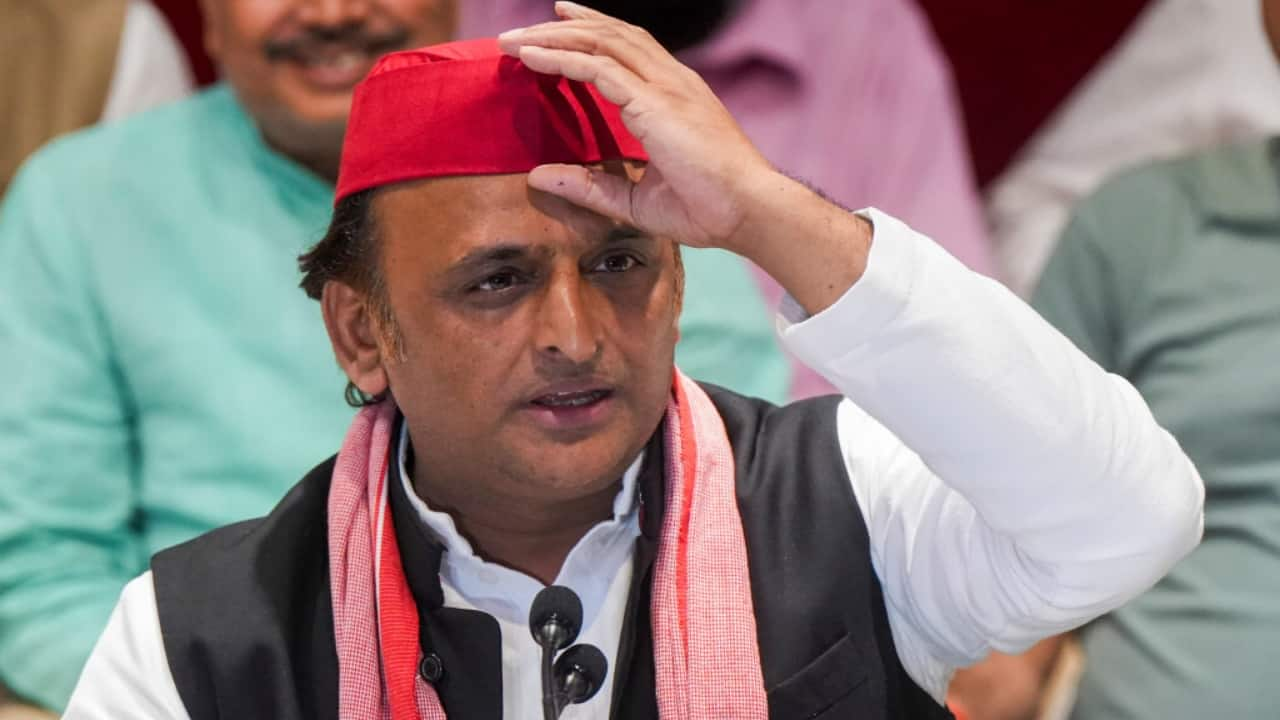Welcome to this week’s edition of top stock market highlights. President Trump has, at the eleventh hour, delayed imposing what it calls a reciprocal tariff on a long list of countries. Vietnam, in particular, was hit hard by a 46% tariff as the US announced a trade blitz last week.
Both Vietnam and the US have agreed to commence talks on a reciprocal trade agreement, after the former previously requested for a delay of at least 45 days for the new tariff. The US ranks as Vietnam’s top export market in the first three months of 2025, and Vietnamese officials are keen to hammer out a deal to avoid hefty tariffs which will destabilise trade flows. Top leader To Lam has appointed Deputy Prime Minister Ho Duc Phoc to negotiate with the US.

Phoc flew to the US and met with senators and many organisations and businesses to negotiate a bilateral trade agreement. Unsurprisingly, Vietnam is worried that its growth will be stunted as it relies heavily on exports to the US. A statement released by the government stated that the country had proactively addressed many of the concerns raised by the US, sounding an optimistic note that a deal can be reached soon.
Meanwhile, ASEAN, a regional bloc comprising many Southeast Asian nations, is also keen on negotiations. Economic ministers in the regional bloc have said that they will not impose retaliatory measures. This measured response came after Trump slapped six out of the nine Southeast Asian countries with reciprocal tariffs ranging from 32% to 49%.
A statement released by ASEAN expressed the intention to engage in a “frank and constructive dialogue” with the US to address trade relations to ensure frank communication and to foster collaboration. Collectively, ASEAN constitutes the world’s fifth-largest economy and its members are all heavily reliant on exports for growth. Over in Singapore, a national task force will be formed to support businesses and workers in relation to the US tariffs.
This was announced by Prime Minister Lawrence Wong to protect jobs as the tariffs could slow economic growth and impact both jobs and wages. The task force will be chaired by Deputy Prime Minister and Minister for Trade and Industry Gan Kim Yong and will include representatives from the Singapore Business Federation (SBF), Singapore National Employer’s Federation, and National Trades Union Congress (NTUC). The formation of this task force will help businesses and workers with immediate uncertainties and help to cushion the initial impact of the tariffs.
Mr Lawrence Wong commented that these tariffs will dampen global growth and negatively impact Singapore’s export-reliant sectors such as manufacturing and wholesale trade. Service industries such as finance and insurance will also be impacted. The economy will also be significantly impacted and the government may revise growth estimates downwards in light of the tariff announcement.
Prime Minister Wong said that it is still early days and that time is needed to understand the full and far-reaching impact of the tariffs. The task force will engage with firms to better understand how they are affected and the challenges they face. Meanwhile, the government is also reaching out to its trading partners to explore different ways of working together.
The Prime Minister also cautioned that the likelihood of a full-blown trade war is growing, especially after China imposed retaliatory tariffs and the US responded by upping the tariff level to 145%. He remarked that once trade barriers go up, they tend to be sticky and it may be difficult to remove them. Other nations may, in response, implement protectionist policies which may escalate the situation and cause the US to ratchet up the tariff level in the coming weeks or months.
Elsewhere, he also sees this new wave of protectionism as a threat to global norms, with more countries turning insular and having a “win-lose” mindset rather than seeking a “win-win” cooperation. Another big concern is the deteriorating relations between the US and China, the two major powers in the world. He feels that if China-US relations destabilise as tensions escalate, it could mean dire consequences for the world.
To this end, he advised Singaporeans to be mentally prepared for more unpleasant shocks but reassured that Budget 2025 will provide immediate support for any short-term strain. Many investors think DeepSeek lowering AI costs means less revenue for tech companies. But that’s not the full story, and believing it could cost you.
In our latest free report, we unpack a surprising insight from a top tech CEO who explains why lower AI costs may actually drive more tech spending, not less — and he’s got the numbers to prove it. If you’ve misunderstood this trend, you could miss out on some of the biggest investment opportunities. Click here now to access “How GenAI is Reshaping the Stock Market” today to get the full breakdown.
Follow us on Facebook and Telegram for the latest investing news and analyses! Disclosure: Royston Yang does not own shares in any of the companies mentioned. The post Top Stock Market Highlights of the Week: Vietnam Trade Talks, ASEAN Bloc Dialogue and Singapore’s Task Force appeared first on The Smart Investor ..
Business

Top Stock Market Highlights of the Week: Vietnam Trade Talks, ASEAN Bloc Dialogue and Singapore’s Task Force















